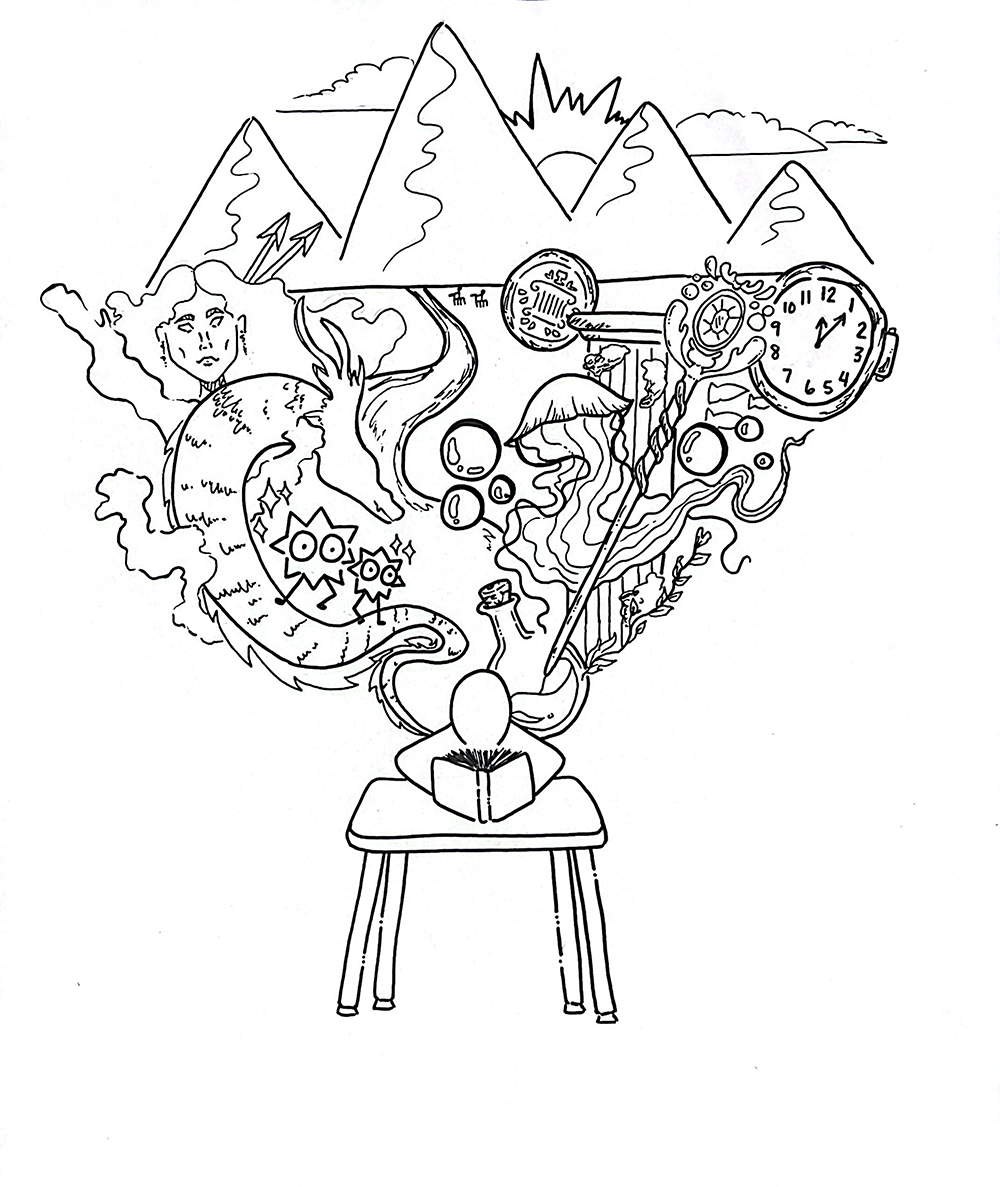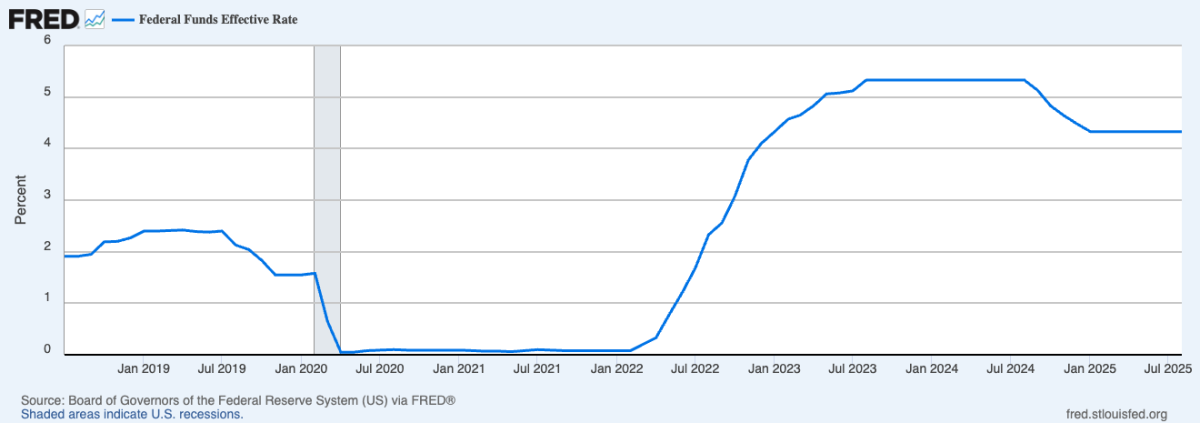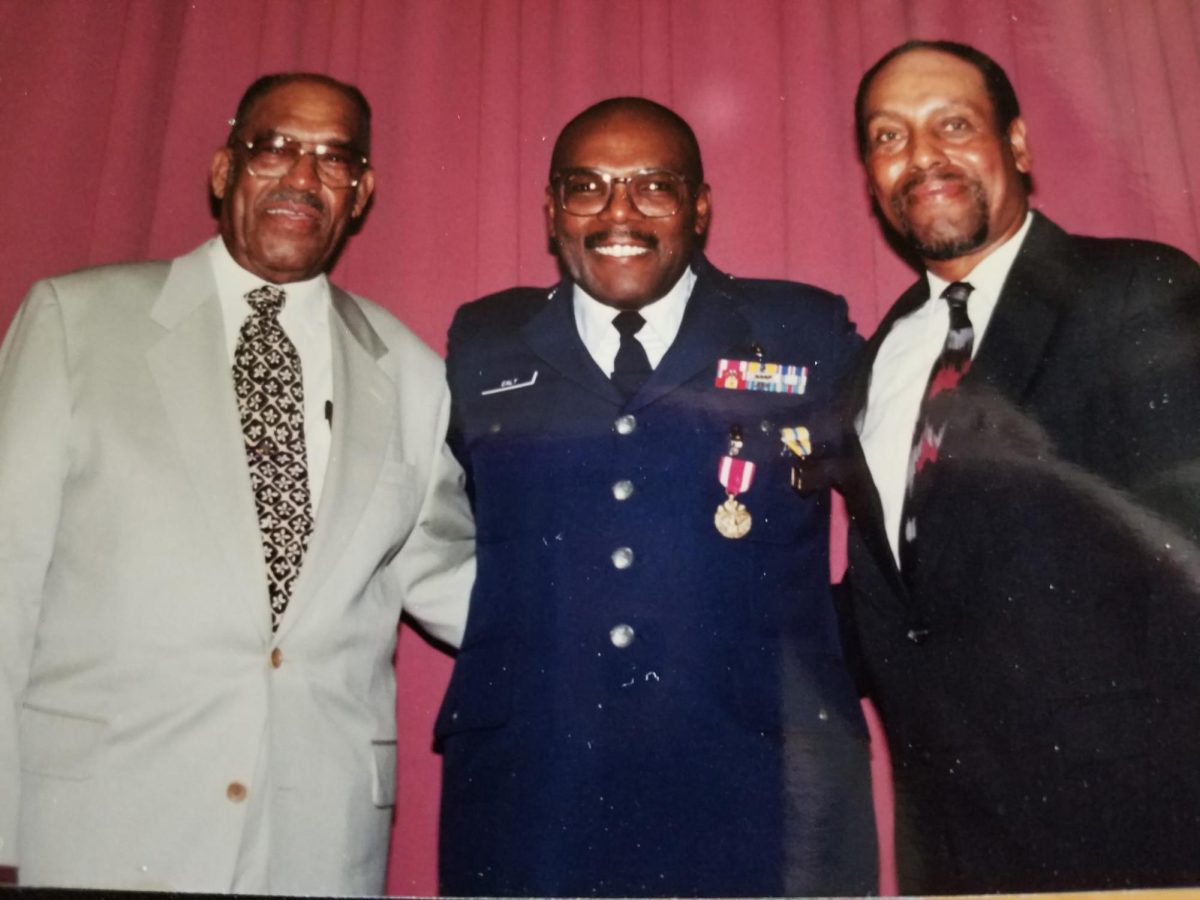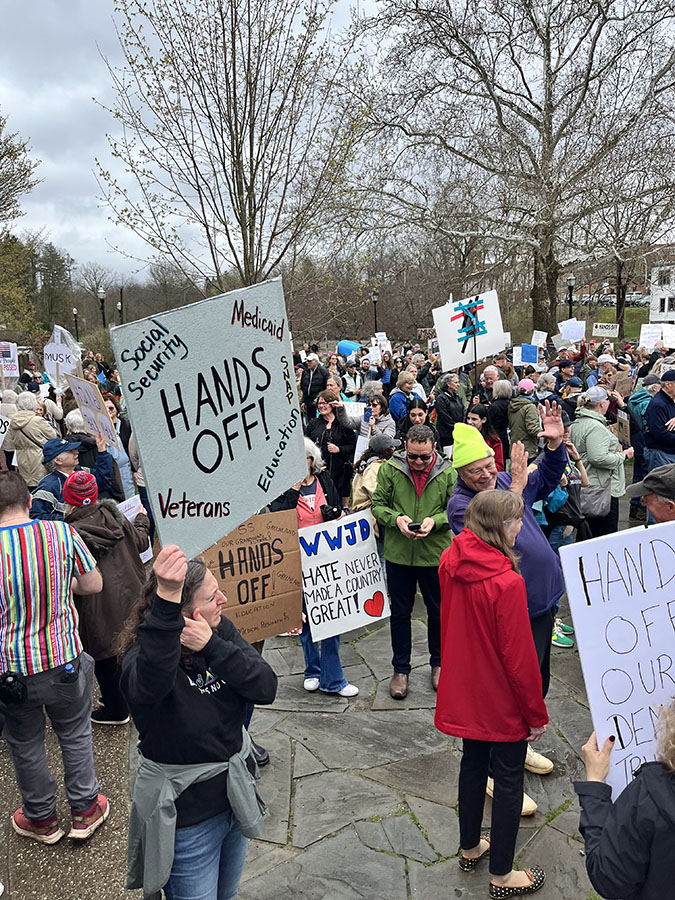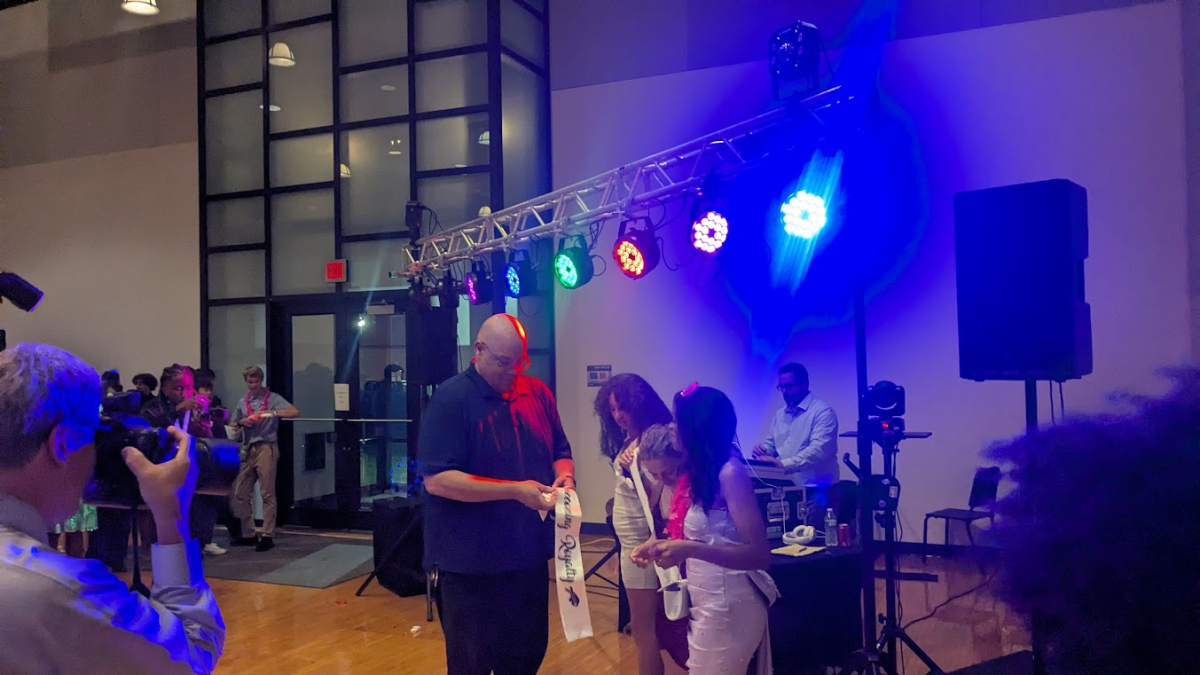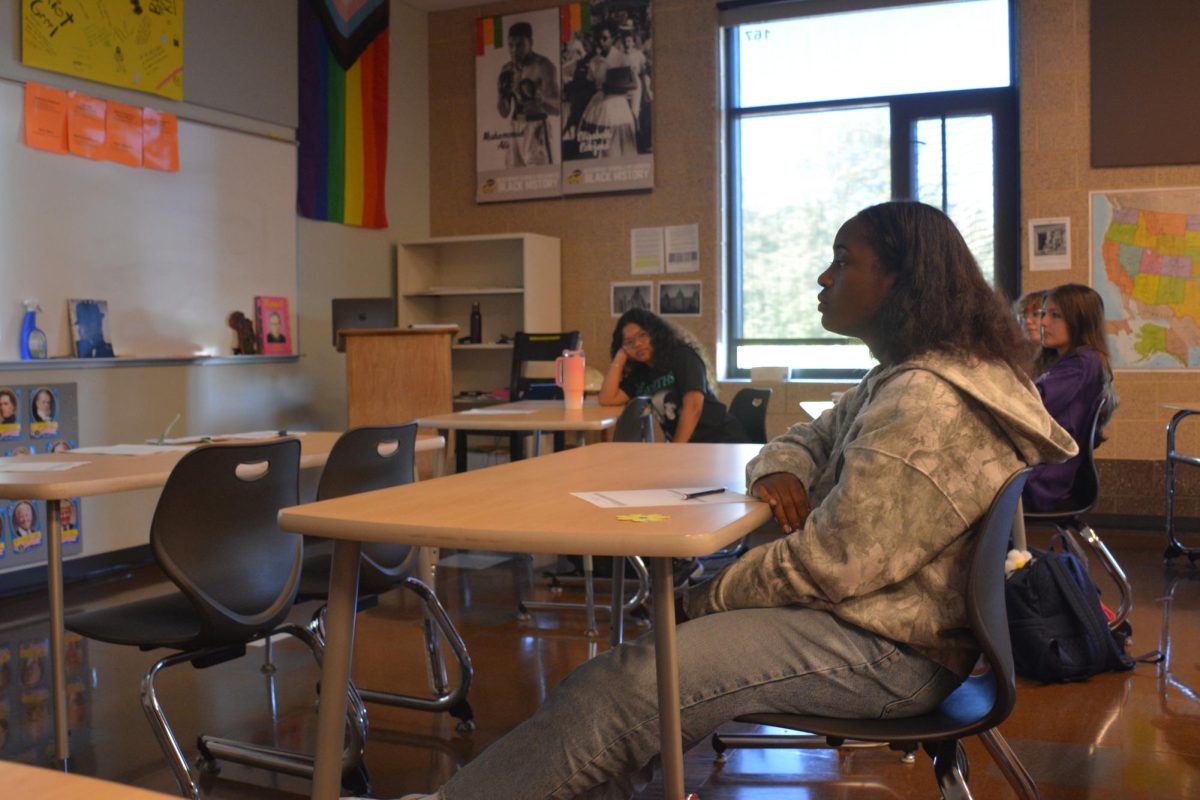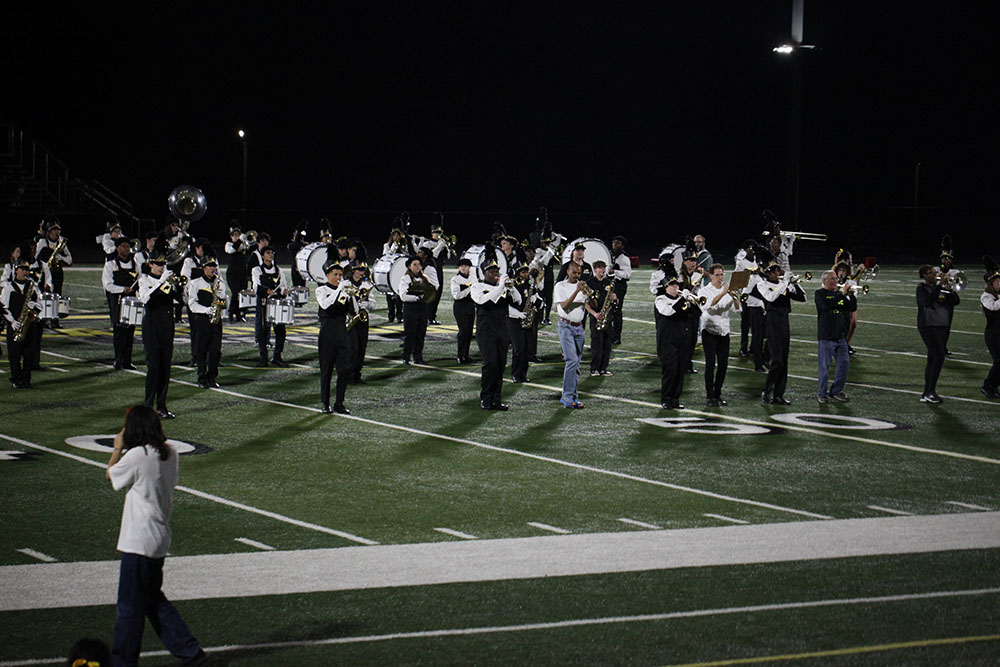On April 10, a man posted a video online of himself burning 100 checked out books about Jewish history, African American history, and LGBTQ+ education from the Cuyahoga County Public Library (CCPL) Beachwood Branch.
This event has become increasingly relevant in the context of an ongoing national attempt to suppress conversations on narratives that oppose the current administration’s agenda.
“This nation was founded on the right to free speech and open expression, and our libraries are the embodiment of that promise. Libraries are designed to be community-based safe harbors of free thought. Libraries offer ideas. This is their fundamental role in our democracy and why they are so vital. This act of violence is not just a crime against the public catalog of literature that was destroyed, but also is a violation of the marketplace of ideas that is a bedrock principle of American life,” State Senator Kent Smith wrote in a statement following the incident.
Prior to posting the video on a far-right social media platform known as Gab, the perpetrator checked out 50 books, posted a picture of them with a caption related to “cleansing” the libraries, and later checked out 50 more after telling a librarian that he was eager to learn about the LGBTQ+ community because his son was a member.
The library said they would wait until the books were overdue to send the man a $1700 bill for the books. The Beachwood Police Department began an investigation, but the case has since been transferred to the FBI.
“The Beachwood Police Department is actively investigating this incident,” Chief Dan Grispino said in a statement released after the incident. “Our department stands against antisemitism and all acts of bias-motivated crimes. We are committed to vigorously investigating and prosecuting any hate-motivated incidents within the City of Beachwood. Our priority is to maintain a community that can thrive without the fear of threats of intimidation or violence.”
When contacted recently, the Beachwood Police Dept., CCPL and the FBI each stated they would not comment on the ongoing investigation. Instead, the FBI provided clarification on the definition of a hate crime to address concerns of how the case will be tried.
“Under the First Amendment of the U.S. Constitution, people cannot be prosecuted simply for their beliefs. People may be offended or upset about beliefs that are untrue or based upon false stereotypes, but it is not a crime to express offensive beliefs, or to join with others who share such views. However, the First Amendment does not protect against committing a crime, just because the conduct is rooted in philosophical beliefs,” wrote the FBI in an email.
According to ACLU Ohio Legislative Director Gary Daniels, this situation is not an example of book burning as a protected form of symbolic speech.
“People are permitted to, in almost all situations, burn their own property,” he said. “Where this particular story differs from that is that this person in question was burning something that did not belong to them. If they wanted to go to Barnes & Noble and buy books themselves… those books would be their own property and if they wanted to burn them, sure, [the] First Amendment protects that.”
Beachwood community members expressed concern regarding the social media post. Some believe that the perpetrator targeted Beachwood due to its reputation as a diverse and liberal community.
“It definitely felt like Beachwood was selected on purpose,” said Wendy Leatherberry, President of the Beachwood Democrats.
“People associate Beachwood with Jewish institutions, an embrace of diversity and progressive values, which is accurate, and I’m proud of it. But, I think that the individual who did this selected Beachwood for that reason.”
Some view the incident as a reflection of the U.S.’ current political climate.
“The book burning is representative of what we are seeing across the country. We are seeing extremists who feel emboldened in their behavior and how they show up in different spaces,” said Dr. Kelly Fishman, Regional Director of the Anti-Defamation League for the Ohio River Valley.
National data supports this concern. In recent months, political violence has risen in the U.S. In 2025, 35% of violent events tracked by researchers at the University of Maryland targeted U.S. government personnel or facilities, increasing by more than twice the rate in 2024.
This rise in political extremism extends into people challenging school curriculums. According to the American Library Association, 2,452 book challenges were reported in 2024, and over 4,200 books were challenged in 2023.
In Ohio, higher education curriculums have been challenged by the state legislature.
The Advance Ohio Higher Education Act, otherwise known as Senate Bill 1, was signed into law by Governor Mike DeWine on March 28, restricting discussions in Ohio public universities on “controversial” topics, which the bill defines as “any belief or policy that is the subject of political controversy, including issues such as climate policies, electoral politics, foreign policy, diversity, equity and inclusion programs, immigration policy, marriage or abortion.”
Similarly to the books targeted in Beachwood, the majority of these targeted works also address race and LGBTQ+ experiences.
These efforts to remove books from classrooms and libraries echo a long history of attempts to control whose voices are heard, a history vividly symbolized through book burning. Although book burning is technically considered a form of symbolic free speech, the act represents one of the oldest and most symbolic acts of censorship, aiming to erase ideas from collective memory.
Throughout history, book burnings have been associated with an attempt to usurp control and suppress opposing ideas. In 213 B.C., Chinese emperor Qin Shi Huang ordered a bonfire of books to consolidate power and prevent people from comparing him to more successful rulers of the past, and three months after Adolf Hitler gained power, pro-Nazi university students across Germany burned books that were deemed pacifist, leftist, or were authored by Jewish writers.
Therefore, it is unsurprising that many are worried about the implications of the rise in censorship in the U.S. as a means to restrict the freedom of speech guaranteed by the First Amendment. According to Freedom Forum’s 2025 “Where America Stands” survey, 65% of Americans are afraid to speak freely due to fear of violence, job loss or interpersonal tension.
However, in the midst of discussion surrounding book burnings and censorship, one particular danger of censorship is often neglected: its assault on imagination. Limiting access to literature, the imaginations of authors and diverse perspectives curtails the ability to envision new realities, to test ideas, and to grow by engaging with the thoughts of others.
Since all creation must first begin with vision, the stifling of imagination necessitates the stifling of progress. Therefore, the destruction of books is not only a physical act against literature, but a symbolic warning of a future diminished by narrow thinking and constrained possibility.
Ta Nehisi-Coates develops this idea in his most recent book, The Message.
“Much of the current hoopla about “book bans” and “censorship” gets it wrong,” he writes. “This is not about me or any writer of the moment. It is about writers to come—the boundaries of their imagination, the angle of their thinking, the depth of their questions.”
Each attempt to infringe on the First Amendment right to free speech doesn’t merely silence existing voices, it also prevents the outreach of voices that have yet to be heard. When young readers are denied access to challenging ideas, their capacity to innovate and grow is weakened.
When young citizens are taught that restricting the voices of those with disagreeable ideas is acceptable, then they also become reluctant to understand opposing perspectives, strengthening party polarization while deteriorating the possibility of compromise.
The act of censorship avoids the valuable lessons that can be gained by actively seeking to engage with opposing ideas, and the power of looking beneath surface level narratives when forming opinions. It extends beyond changing present narratives and into the creation of a future generation that seeks conformity instead of curiosity.
For this reason, some educators are worried about the implications of censorship on future generations.
“54% of Americans read at a 6th grade reading level. We are not a literate nation the way we should be. By banning books we are just eliminating more and more ideas that will hinder critical thinking and thinking for yourself and that leads down a very dark road,” said English teacher Dr. Casey Matthews.
The rise in censorship has impacted instructors in democratic states as well. According to a survey conducted by RAND corporation in 2024, 40% of teachers in states that have no content restriction laws censor themselves on socio-political issues.
As an increase in censorship and a lack of tolerance for diverse viewpoints arises in the United States, conversations should shift towards plausible solutions that can be implemented in our society. The first step of crafting a solution is recognizing censorship’s root cause: a lack of empathy.
An increase in empathy would ensure that the silencing of marginalized stories is never even considered by others. By placing ourselves in the shoes of those who have carried historical burdens, we can better understand how that history shapes their present and why their stories matter. Empathy ensures that, even in disagreement, we still value the perspectives and lived experiences of others.
According to Fishman, a solution begins with citizens choosing a future where shared humanity is recognized above political disagreements.
“We have the power to really see the person across from us, and really sit in conversation and let go of our ego. We have to let go of that piece that says, ‘I’m right, you’re wrong.’ The more we can do that, the closer we get towards a goal where we are operating relationally because we care about humanity. We’re not going to fix it overnight, but I think it’s an admirable goal for us to have,” Fishman said.
On May 12, following the post of the book burning video onto social media, the Interfaith Group Against Hate rallied outside Fairmount Presbyterian Church. The group also held an online book drive to replace the books that were destroyed. At the park across from the library, resident Mara Leventhal supplied papers and markers for kids to write notes of appreciation for the librarians.
Fishman added that events like this should be seen as opportunities for communities to unite.
“It’s really important to understand that we have to stand up together when we see these forms of hate, because it impacts all of us. [The meeting was] almost like a vigil to say this is not the kind of community we are, and this is not the kind of behavior we stand for,” she said. “I hope that we can get to a point where it doesn’t take events like a book burning for us to be able to stand together.”
Ultimately, it is up to each individual to unite and defend spaces where ideas and imagination can flourish. It is only by choosing empathy over division, dialogue over destruction, and action over apathy that we can ensure that hate never dictates the story of our communities.

